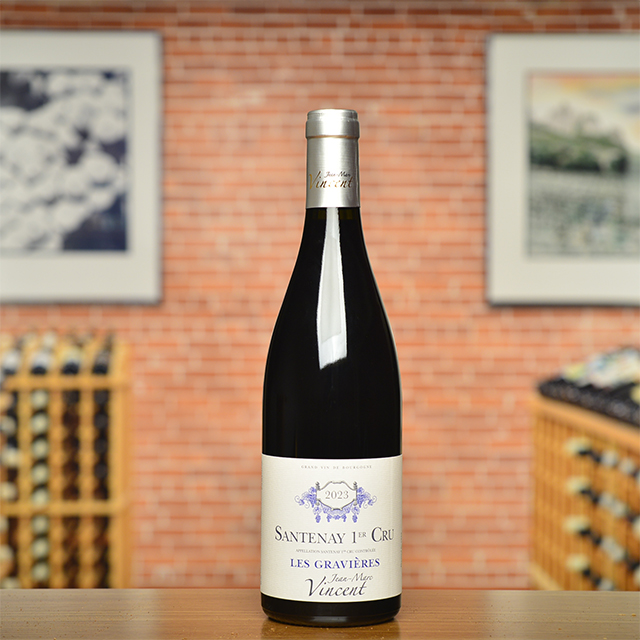Rosé and More Rosé
by Anthony Lynch



2021 Bandol Rosé
France | Provence
Terrebrune’s Bandol epitomizes the idea of a terroir-driven rosé, from the nose of thyme and white peach, redolent of a Provençal summer, to its mouthwateringly salty finish, a reminder that the sea is just a stone’s throw away. Accordingly, this 2021 is characterized by tangy, salty minerals underlying beautiful citrus and herbal notes.
Vigneron Reynald Delille is never shy to point out the aging potential of his rosé, often pulling out twenty-year-old bottles in pristine condition to prove his point. In its youth, its brightness makes it a great companion to seafood in their most basic form, including crudo, urchin, or grilled loup de mer (sea bass). With age, it picks up weight and develops deeper aromatics, allowing it to stand up to richer and more dishes. Terrebrune’s complex and invigorating 2021 has opened up beautifully. Try it alongside bouillabaisse for a très Provençal experience.
2021 Corbières Rosé “Gris de Gris”
France | Languedoc-Roussillon
Due to an unfortunate spring frost that singled out budding Grenache Gris and Grenache Noir vines, the new edition of the Laboucarié family’s beloved Gris de Gris features a higher proportion of Carignan and Mourvèdre in the blend than in previous years. As a result, vintage 2021 shows an ever-so-slightly more vinous character than in the past—there is wine in the wine, if you know what I mean. You’ll find a touch less tangy citrus and a bit more bright red fruit in the aromatics, but worry not: this delicate rosé is just as mouthwateringly crisp and eminently quaffable as we’ve come to expect over the last forty years.
2021 Beaujolais Rosé
France | Beaujolais
There’s always more than what meets the eye when you open a bottle of wine from Domaine Dupeuble. It’s a credit to this 500-year-old family business that their whites, rosés, and reds are so utterly delicious and value-driven that we don’t often stop to contemplate such features as terroir, winemaking, etc. But when we do pause to consider those things, the wines become all the more impressive. This rosé, for instance, comes from vines up to seventy years old! As you might expect, then, the Dupeuble family treats these vines with the utmost care, fertilizing them with natural compost and harvesting them by hand. In the cellar, Ghislaine Dupeuble vinifies this cuvée without SO2, using only natural yeasts. The result is a pretty, round, and versatile rosé full of notes of red fruit, melon, and rhubarb. It finishes with a subtle herbal note and foodfriendly acidity.
















